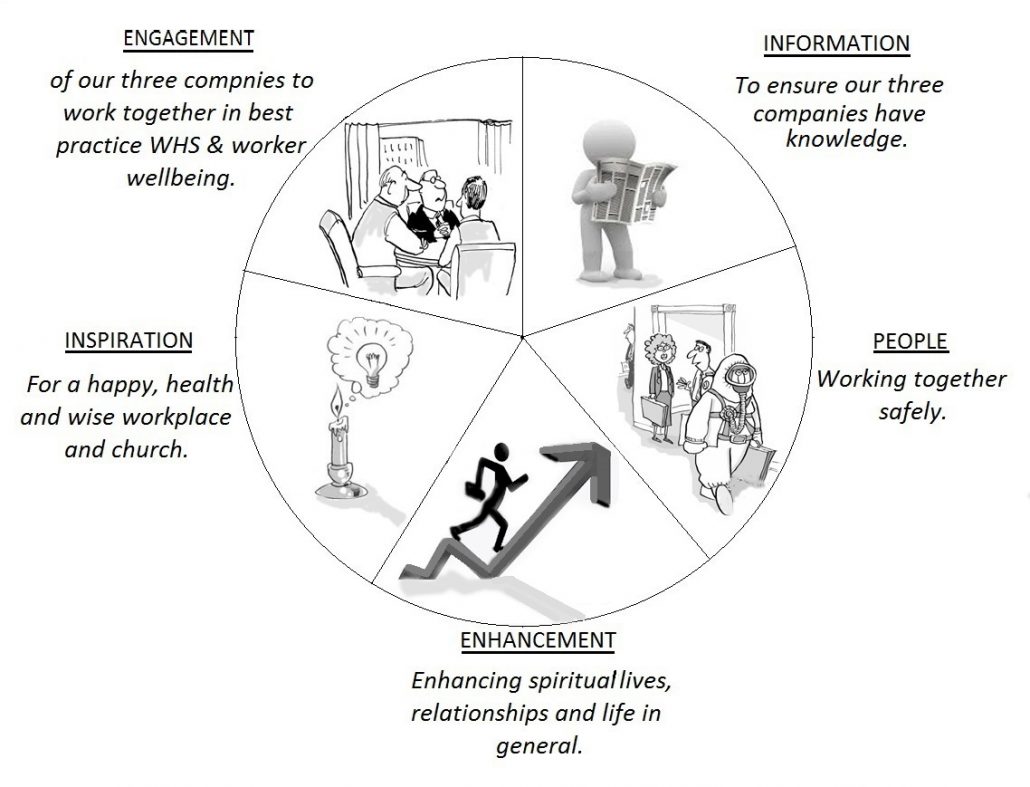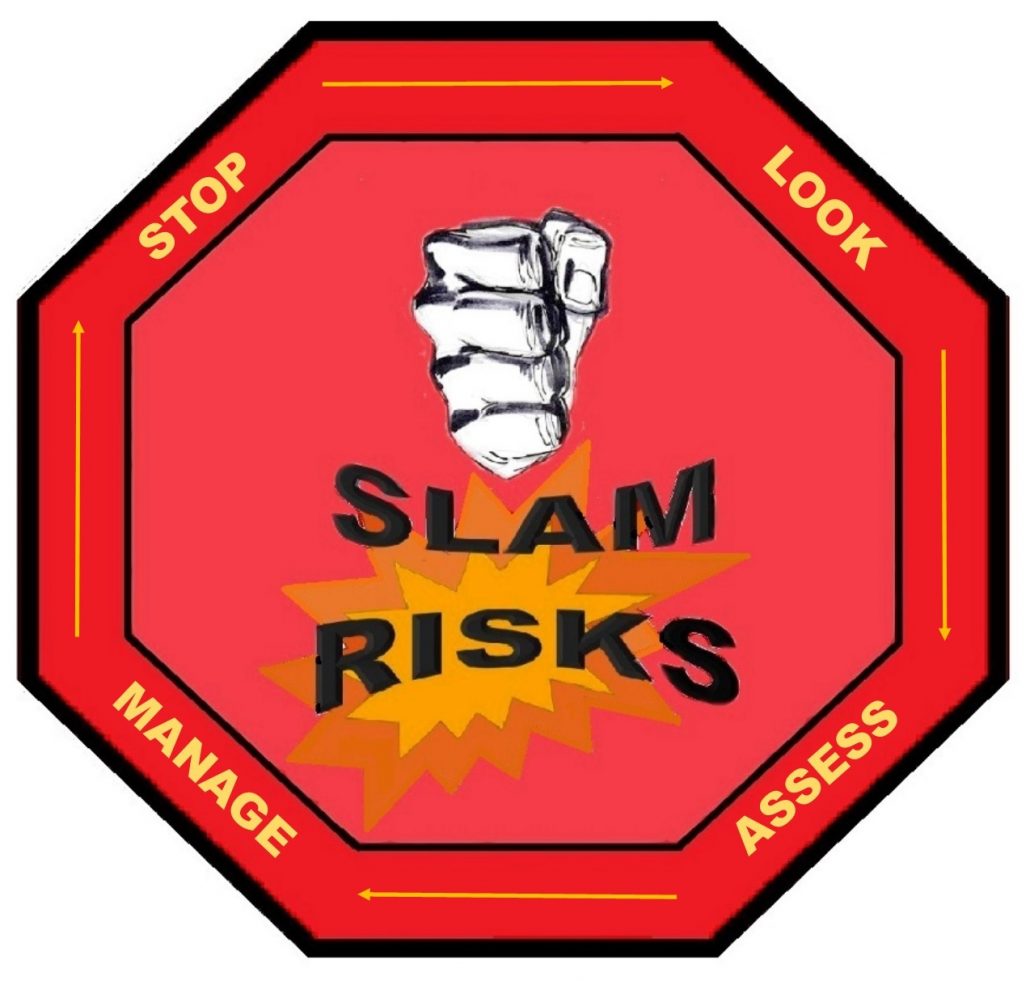Prepare & Prevent – Don’t Repair & Repent
What the Bible says about Risk Management & Safety:
Caring for one another
- Not looking to your own interests but each of you to the interests of the others. (Phil 2:4, NIV)
- A new command I give you: Love one another. As I have loved you, so you must love one another. By this everyone will know that you are my disciples, if you love one another. (John 13:34-35, NIV)
- When you build a new house, make a parapet around your roof so that you may not bring the guilt of bloodshed on your house if someone falls from the roof. (Deut 22:8, NIV)
Caring for God’s creation
- The Lord God took the man and put him in the Garden of Eden to work it and take care of it. (Gen 2:15, NIV)
- The righteous care for the needs of their animals (Prov 12:10, NIV)
Vision and Mission
Everyone has the right to work, learn and worship in a safe environment.
Our Vision
That our workplaces and places of worship are safe and that we protect our most important assets – our people.
Our Mission
To achieve our vision through inspiring, informing, engaging and enhancing our three companies: Schools, Aged Care and Church, in safety and risk management.

Ashley Bakay
SLAM RISKS AWAY!
STOP – think through the task
LOOK – identify the hazards of each job step, tools, equipment & substances used, or people you are working with
ASSESS – determine if you have the proper knowledge, training, tools and support
MANAGE – remove or control hazards and use proper equipment




